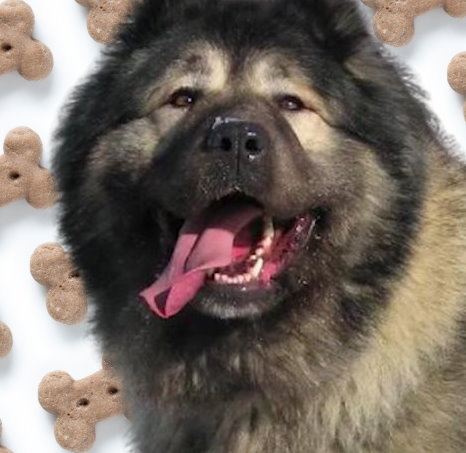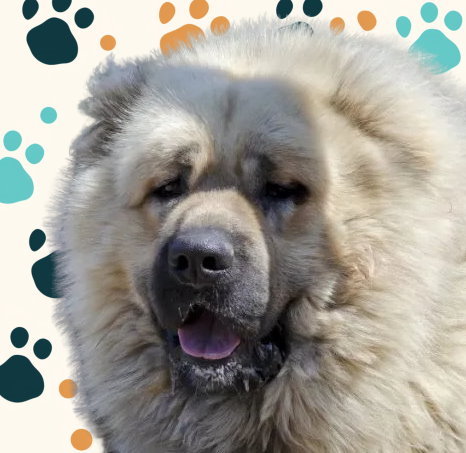Welcome to Dog Training Newbies !
Welcome to Dog Training Newbies !

Caucasian Shepherds, also known as Caucasian Ovcharkas, are impressive and powerful dogs with a rich history as livestock guardians. When it comes to the dietary needs of these magnificent canines, certain considerations arise during their heat cycle. In this article, we will explore what Caucasian Shepherds should eat when they are in heat. By understanding their nutritional requirements during this period, we can ensure their health, well-being, and optimal performance.
Understanding the Heat Cycle:
Before delving into the dietary needs of Caucasian Shepherds during their heat cycle, it is essential to understand the different stages of this reproductive phase. The heat cycle, also known as estrus, consists of four stages: proestrus, estrus, diestrus, and anestrus. It typically occurs every six to eight months and lasts for approximately three weeks.
During the proestrus stage, which lasts for about 7 to 10 days, female Caucasian Shepherds experience changes in behavior and physical appearance. This stage is characterized by a bloody discharge and swelling of the vulva. The estrus stage follows, lasting for about 5 to 9 days, during which the female is receptive to mating. The diestrus stage and anestrus stage complete the cycle, involving the gradual return to normalcy and a period of sexual inactivity, respectively.


Nutritional Considerations:
During the heat cycle, Caucasian Shepherds may experience hormonal fluctuations and changes in their metabolism. It is important to provide them with a balanced and appropriate diet to support their overall health and well-being.
1. High-Quality Dog Food:
Feed your Caucasian Shepherd a high-quality dog food that is specifically formulated for their life stage and size. Look for a diet that provides balanced nutrition, including essential proteins, fats, carbohydrates, vitamins, and minerals. Consult with your veterinarian to select the most suitable brand and formulation for your dog.
2. Adequate Hydration:
Ensure that your Caucasian Shepherd has access to fresh and clean water at all times. Hydration is crucial, especially during the heat cycle, as the body's fluid requirements may increase.
3. Controlled Portions:
Monitor your dog's food portions to prevent overfeeding and excessive weight gain. Obesity can negatively impact their overall health and increase the risk of certain health issues.
4. Supplements:
Consider incorporating appropriate supplements into your Caucasian Shepherd's diet, such as omega-3 fatty acids or joint supplements. These supplements can support their joint health, skin and coat condition, and overall immune system.
5. Avoid Excessive Treats: While it may be tempting to offer treats during the heat cycle, be mindful of the overall calorie intake. Excessive treats can contribute to weight gain and may disrupt the nutritional balance of their diet.
Consulting with a Veterinarian:
It is crucial to consult with a veterinarian to ensure that your Caucasian Shepherd receives the most appropriate diet during their heat cycle. They can provide personalized advice based on your dog's specific needs, health conditions, and stage of the heat cycle. Your veterinarian will consider factors such as age, activity level, and overall health to recommend the best nutritional approach.
Proper nutrition plays a vital role in maintaining the health and well-being of Caucasian Shepherds during their heat cycle. Providing a high-quality and balanced diet, ensuring adequate hydration, controlling portions, and considering appropriate supplements are essential. Consultation with a veterinarian is crucial to tailor the dietary plan to your dog's specific needs. By prioritizing their nutrition and overall care, you can support the health and optimal performance of your beloved Caucasian Shepherd throughout their heat cycle and beyond.